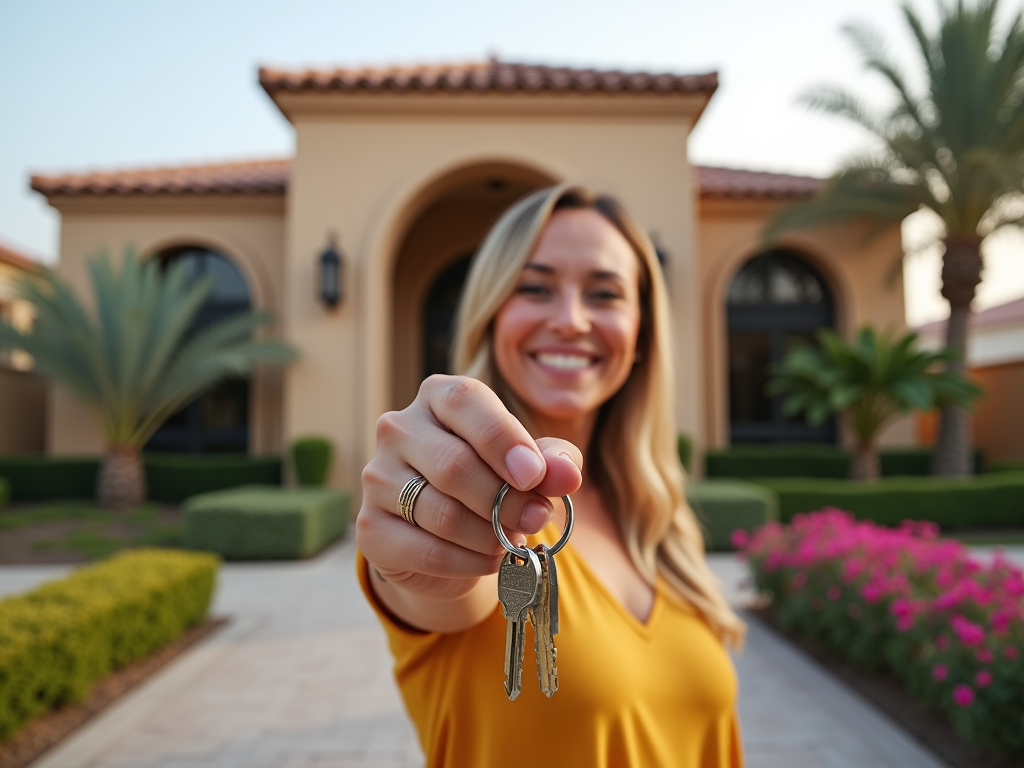Dubai’s mortgage market is a dynamic and rapidly evolving sector that plays a crucial role in the emirate’s real estate landscape. Understanding the intricacies of this market can empower potential homebuyers and investors to make informed financial decisions. With a variety of mortgage options available, coupled with competitive rates, Dubai has positioned itself as an attractive destination for both local and expatriate buyers. This article guides you through the essential aspects of Dubai’s mortgage market, highlighting processes, types of mortgages, and key considerations to keep in mind.
Understanding the Mortgage Landscape in Dubai

The mortgage landscape in Dubai is characterized by its diversity and regulatory framework. Over recent years, the Dubai government has aimed to stimulate the real estate sector through various incentives. Here are several important facets of the market:
- Types of Mortgages: Lenders in Dubai offer various mortgages, including fixed-rate and variable-rate loans, tailored to diverse financial profiles.
- Eligibility Requirements: Generally, expatriates and UAE nationals can apply for a mortgage, but the amount available may depend on factors such as income and credit history.
- Loan-to-Value (LTV) Ratios: The LTV ratio is significant in Dubai’s mortgage market, often allowing up to 80% for UAE nationals and around 75% for expatriates.
- Interest Rates: Competitive interest rates are a hallmark of Dubai’s mortgage market, influenced by both local and international economic conditions.
- Property Types: A wide range of properties is available for mortgage financing, from luxury villas to apartments in high-rise buildings.
Choosing the Right Mortgage Option

Deciding on the right mortgage requires careful consideration of various factors. As potential buyers navigate through their options, several key points should guide their decisions:
- Fixed vs. Variable Rates: Fixed-rate mortgages provide stability in monthly payments, while variable rates can fluctuate based on market conditions.
- Loan Terms: Different lenders offer terms ranging from 5 to 30 years. A longer term may lead to lower monthly payments but can incur more interest over time.
- Fees and Charges: Buyers should be vigilant regarding additional costs such as arrangement fees, valuation fees, and insurance premiums.
- Prepayment Options: Many lenders offer options for prepayment, providing flexibility if you want to pay off your mortgage early.
- Bank Reputation: Choosing a reputable lender is crucial as it affects loan processing times, customer service, and overall experience.
The Mortgage Application Process
Understanding the mortgage application process is essential for a smooth and successful experience. Here’s a step-by-step breakdown of what you need to expect:
- Pre-Approval: Seek pre-approval from banks to determine the budget and the mortgage amount you might qualify for.
- Documentation: Prepare necessary documentation, including proof of income, residency status, credit history, and property details.
- Property Valuation: Lenders typically require a valuation of the property to ensure it meets or exceeds the mortgage amount being applied for.
- Loan Offer: If approved, the lender will issue a formal loan offer detailing the terms, conditions, and repayment obligations.
- Completion: After accepting the offer, the completion process involves signing the paperwork and transferring the mortgage funds.
Key Considerations for Homebuyers
When venturing into the mortgage market in Dubai, several vital considerations could significantly impact your decision-making process:
- Market Research: Research prevailing market trends, property values, and growth forecasts within different areas of Dubai to make informed investment choices.
- Affordability Assessments: Evaluate your financial stability to gauge how much you can afford in mortgage payments without jeopardizing your lifestyle.
- Legal Implications: Familiarize yourself with local laws and regulations concerning real estate transactions and ownership rights, particularly if you’re an expatriate.
- Professional Advice: Engage with financial advisors and real estate agents who understand the Dubai market to gain insights and guidance tailored to your needs.
Conclusion
Dubai’s mortgage market offers an attractive opportunity for potential homebuyers, characterized by competitive rates and a range of mortgage products. Understanding the landscape, choosing the right mortgage, navigating the application process, and considering key financial factors will enable individuals to make decisions that align with their long-term goals. Whether you are a local resident or an expatriate, being well-informed about what the mortgage market entails will facilitate a smoother journey in achieving your property ownership aspirations in this thriving emirate.
Frequently Asked Questions
1. What are the common mortgage types available in Dubai?
In Dubai, common mortgage types include fixed-rate mortgages, variable-rate loans, and Islamic mortgages that comply with Sharia law.
2. Can expatriates apply for mortgages in Dubai?
Yes, expatriates can apply for mortgages in Dubai, although the loan-to-value (LTV) ratio may differ compared to UAE nationals.
3. What is the typical loan term for mortgages in Dubai?
Most lenders in Dubai offer mortgage terms ranging from 5 to 30 years, depending on the buyer’s financial profile and preferences.
4. Are there any additional costs involved when applying for a mortgage?
Yes, additional costs may include arrangement fees, valuation fees, insurance premiums, and possibly registration fees. It’s essential to factor these into your budget.
5. How does one get pre-approved for a mortgage in Dubai?
To get pre-approved, potential buyers should approach a lender, provide necessary documentation, and undergo an assessment of their financial status to understand their borrowing capacity.



